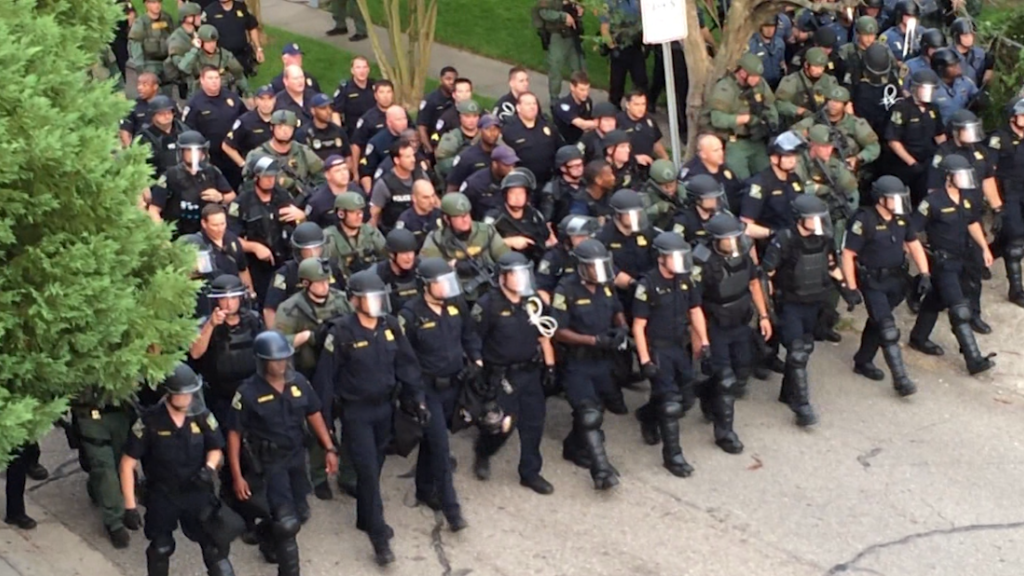
Facebook now explicitly prohibits companies and organizations from using its services for surveillance.
An update to its policies on both Facebook and Instagram prohibits developers from using "data obtained from us to provide tools that are used for surveillance."
Monday's policy change come on the heels of investigations from the ACLU, which found social media monitoring companies sold their services to law enforcement, who targeted individuals through Twitter (TWTR), Facebook (FB), and Instagram. The spy tools often disproportionally targeted communities of color.
Social media surveillance is a growing concern, especially among people who use Facebook and Twitter for activism. At the SXSW Interactive festival on Monday, Matt Cagle, attorney for the ACLU of Northern California, hosted a panel on how law enforcement uses social media tools -- and how Facebook's new policies could help stop invasive data collection.
"The language does a good job of putting developers on notice that surveillance of user data through Facebook is totally off limits," Cagle told CNNTech.
Related: Communities call for more control over police surveillance
Though Facebook doesn't define surveillance in its policies, Cagle says that's not a bad thing. By banning surveillance in general, it lets them broadly apply the policy and future-proofs it, he said.
Facebook reviews services that use its APIs, and will check both their applications and marketing materials to see if they're advertising services that could be considered surveillance.

Law enforcement agencies across the country have relied on social media tools to track and monitor citizens. According to a study from the Brennan Center for Justice, 156 jurisdictions have spent a total of almost $6 million on these tools since 2010. And the public largely has no idea how they're being used.
"They mostly don't have publicly available policies that talk about using this monitoring software," Rachel Levinson-Waldman, senior council for the Brennan Center for Justice, said on Monday's panel.
Related: Facebook, Twitter block social media surveillance tool
As social media companies continue to restrict the use of their platforms for surveillance purposes, there's a growing movement for local law enforcement to be more transparent about what types of surveillance tools they're purchasing.
The Community Control Over Police Surveillance effort encourages cities to implement surveillance ordinances that require law enforcement to publicly report when they want to buy spy tools.
In a blog post announcing its new policies, Facebook says it's already taken action against developers who used its platform for surveillance. Geofeedia, for instance, was cut off from Facebook following the ACLU investigation.
"What matters now is they actually implement the policies moving forward," Cagle said.

